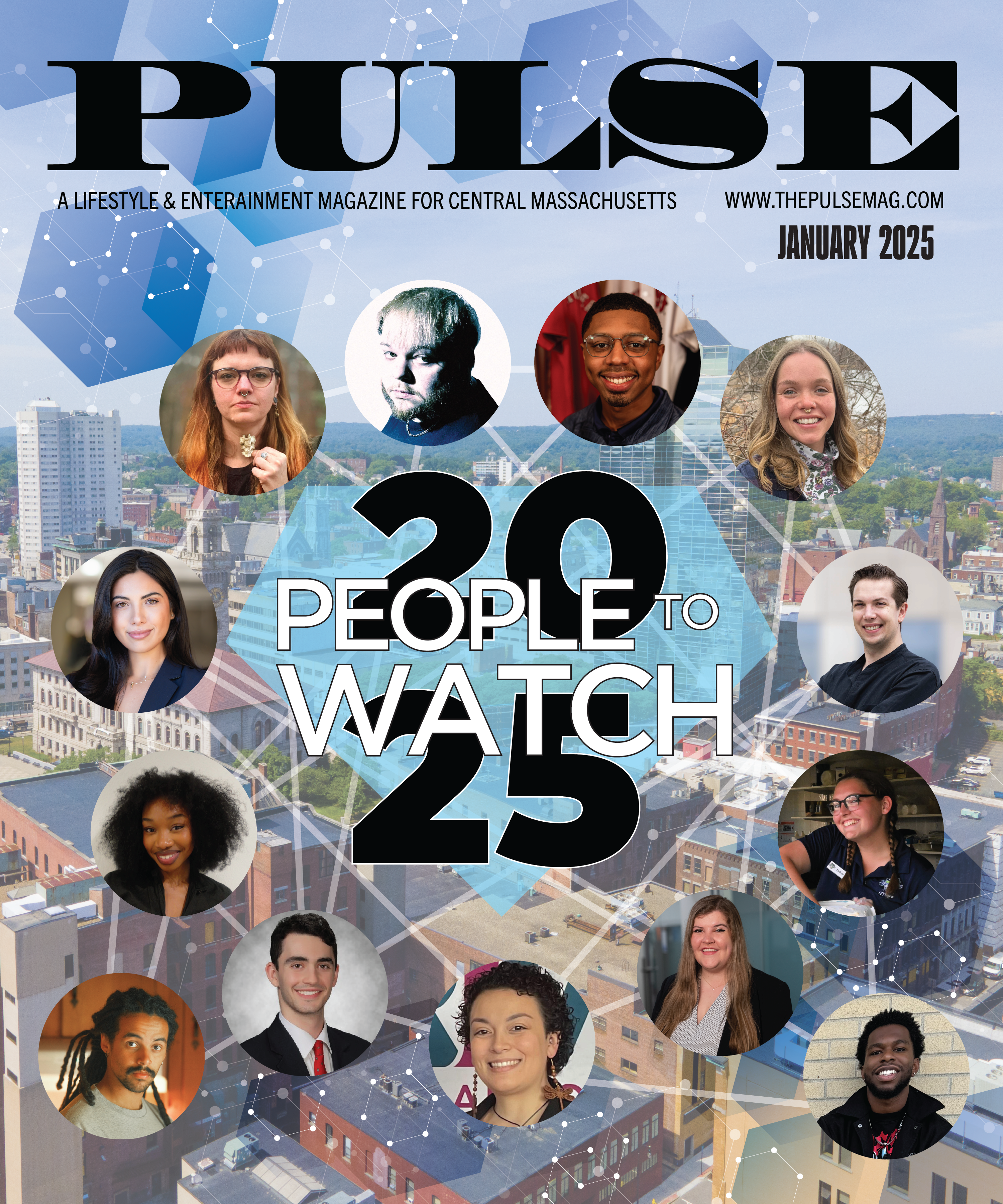By Tine Roycroft
Chatting with a grandparent can reveal just how different the generations are. Pop-Pop and Nana probably landed a secure job, bought a house and started a family before they turned 25. Today’s 20-somethings may still live at home while they earn higher degrees, work part time and casually date a few different people.
At first glance, it appears the latter group is experiencing “failure to launch.” But Clark University’s Jeffrey Jensen Arnett, Ph.D., feels that society is witnessing a new life stage.
“I began interviewing people in their 20s about 20 years ago, and after interviewing hundreds of people, I came to realize that what was happening was what I call ‘Emerging Adulthood’,” Arnett said. “Instead of going from adolescence to a more-or-less settled young adulthood by 20 or 21 ~ like people did 50 years ago ~ transitions into things like marriage happen closer to age 30.”
Cultural changes, such as the need for more education to survive in our current economy and the availability of fewer entry-level jobs, even after that education has been obtained, may have led to this new life stage. There may be less perceived urgency to get married early because premarital sex and cohabitation outside of marriage is generally more accepted now than it was in our grandparents’ day.
Whatever the reason, it’s clear that we’re no longer following in our grandparents’ footsteps.
Emerging adulthood, according to Arnett, is a time of exploration and discovery. He’s proposed the stage is generally characterized by five features:
- Identity exploration, wherein young people seek out who they are and how they fit into the world.
- Instability, marked by changes in employment, relationships and educational paths.
- Self-focus, as people work on self-development and concentrate on earning the credentials they need for satisfying work.
- “In-betweeness,” where young people don’t quite feel like adolescents, but don’t feel like adults, either.
- Great possibilities, where young people have high hopes and big dreams for the future.

Idealistic views aside, Arnett has seen some emerging adults struggle with the many moving pieces of this life phase.
“I’ve found that there’s a lot of anxiety,” he said. “There’s a lot of depression. It’s difficult to make the choices they need to make in order to find themselves in this world. While they are on the way there, they experience a lot of stress.”
Not everyone experiences emerging adulthood as it is described here. Arnett acknowledges that some young people, due to life circumstances, assume responsibilities early on. Others leap from adolescence into early adulthood because it feels right for them.
Whether you’re in your mid-20s with a spouse and a mortgage or you’re not ready to commit to temp job, let alone a romantic partner, you’re not alone in your struggles. All life paths, for both the early and late bloomers, have their ups and downs, and it’s important to note that no matter what phase you find yourself in, support (congenial or professional) is available. Just ask.
For more information on Jeffrey Jensen Arnett, visit jeffreyarnett.com.
Photo (bottom): Clark University’s Jeffrey Jensen Arnett, Ph.D.







